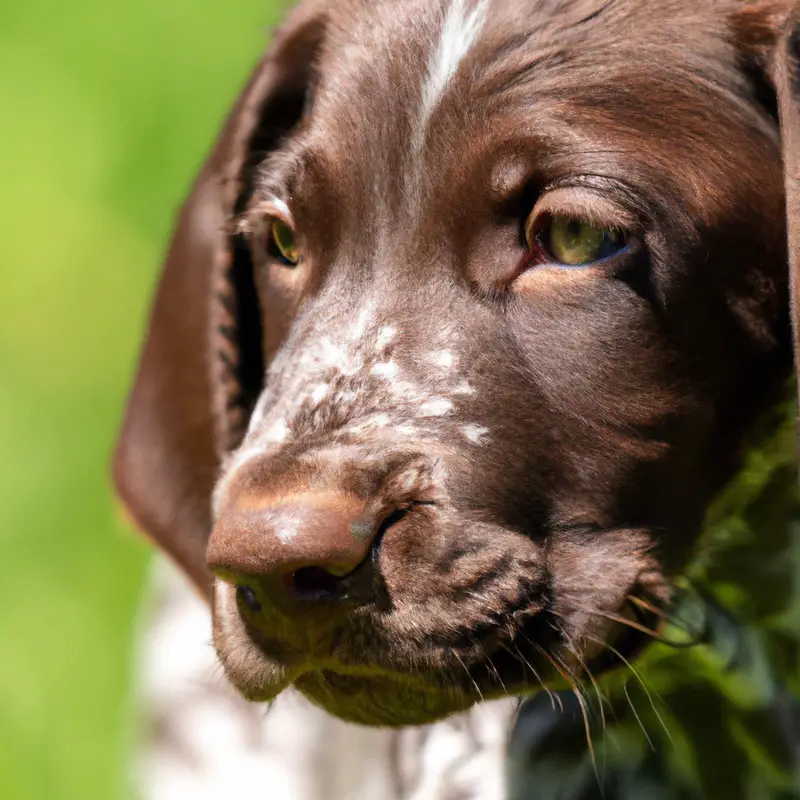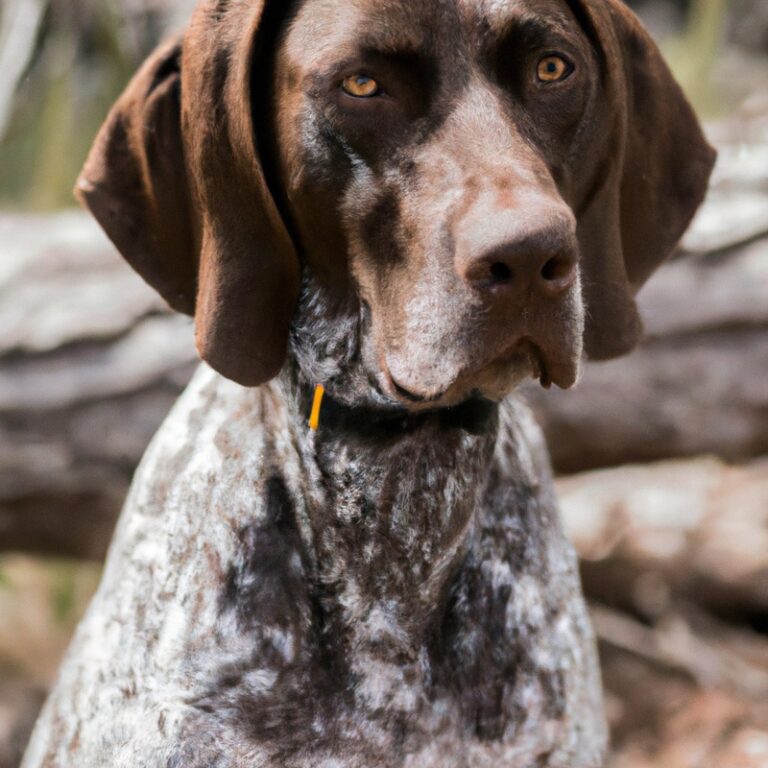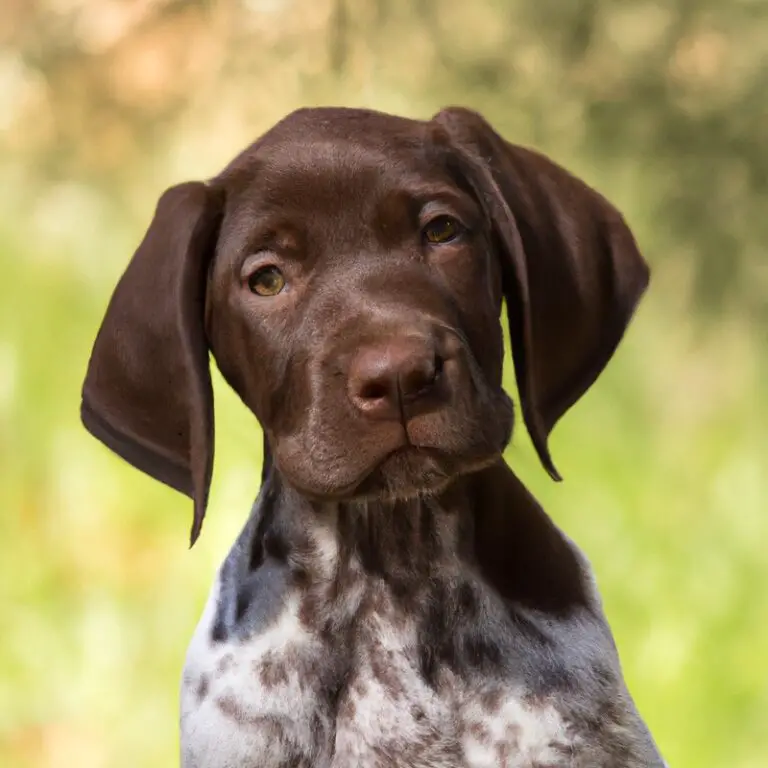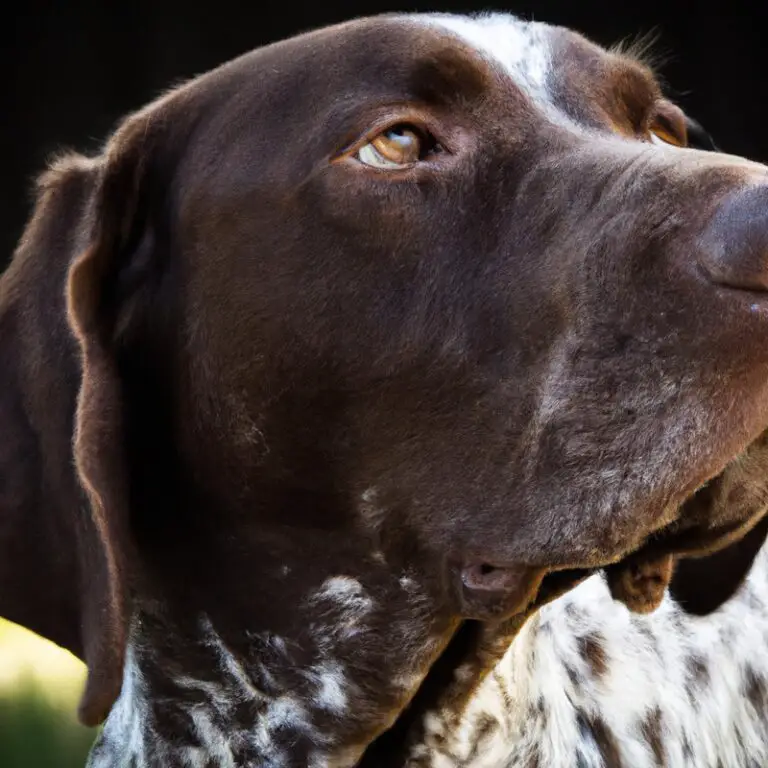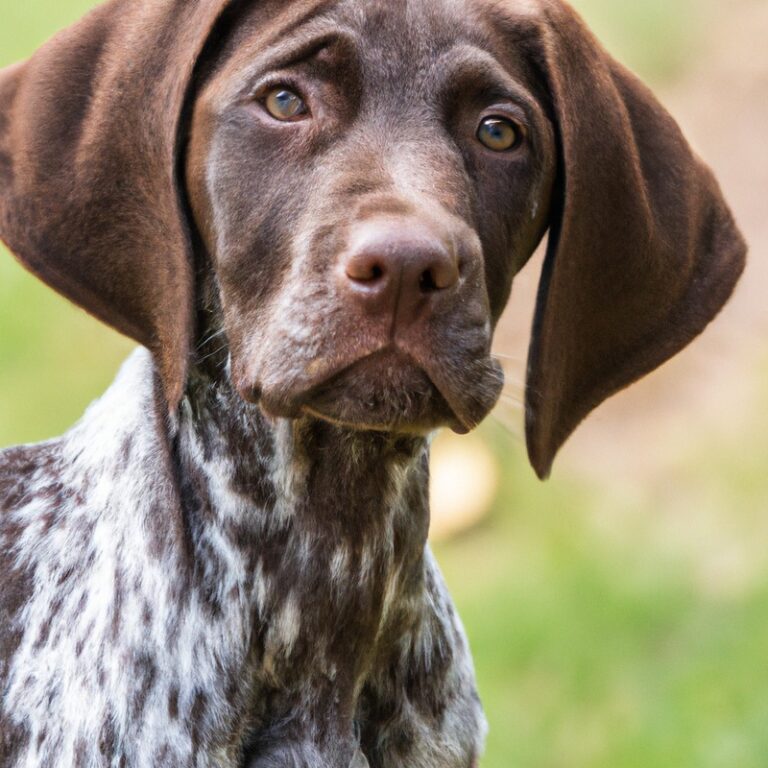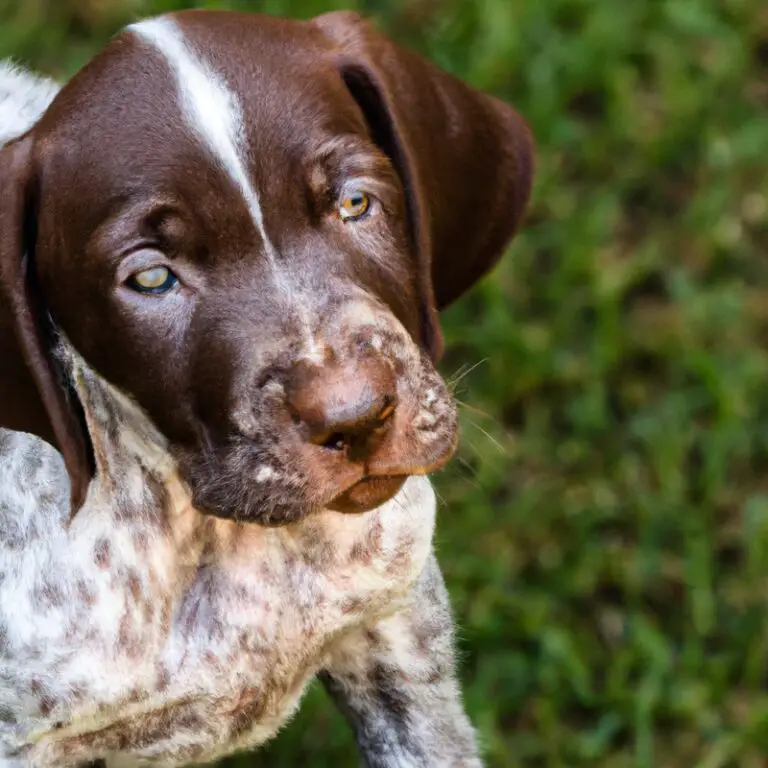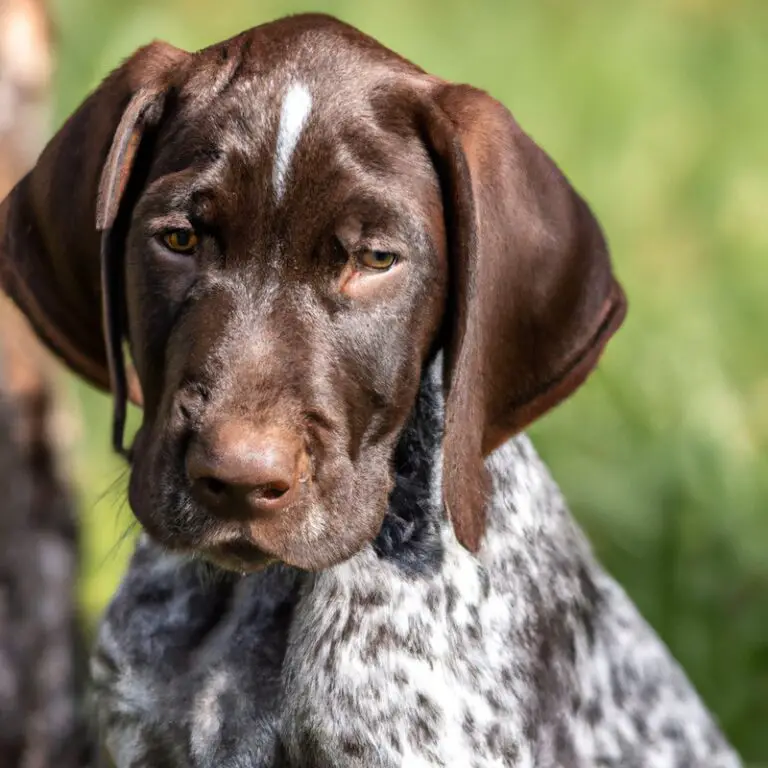Are German Shorthaired Pointers Good With Other Dogs At The Dog Park?
Key Takeaways:
- German Shorthaired Pointers generally get along well with other dogs at the dog park.
- Proper socialization and early training can enhance a German Shorthaired Pointer’s compatibility with other dogs.
- Individual temperament and history may affect a German Shorthaired Pointer’s behavior towards other dogs.
- Supervision and careful introductions are recommended when introducing a German Shorthaired Pointer to unfamiliar dogs at the dog park.
Are German Shorthaired Pointers good with other dogs at the dog park? This is a question that often crosses the minds of dog owners, and it’s an important one to consider.
As an expert in canine behavior, I’ve witnessed firsthand the unique temperament of German Shorthaired Pointers and their interactions with other dogs.
In this article, I’ll delve into the breed’s natural predispositions, discuss the importance of socialization, and provide valuable tips for introducing German Shorthaired Pointers to other dogs at the park. Additionally, I’ll address potential challenges and share essential dog park etiquette to foster positive relationships and ensure the safety of your furry companion.
Let’s dive in!
| German Shorthaired Pointers | |
|---|---|
| Temperament | Friendly and sociable |
| Compatibility | Generally good with other dogs |
| Energy Level | High, needs regular exercise |
| Training | Eager to please, trainable |
| Socialization | Important for good behavior around other dogs |
| Behavior at the Dog Park | Usually friendly, but can be dominant |
| Supervision | Recommended to ensure positive interactions |
| Prey Drive | May chase smaller animals, needs supervision |
German Shorthaired Pointers and Dog Park Etiquette
Understanding the Breed Temperament of German Shorthaired Pointers
Understanding the Breed Temperament of German Shorthaired Pointers is key to having a positive experience with this breed. First and foremost, German Shorthaired Pointers are known to be friendly, sociable, and outgoing.
They generally get along well with other dogs and enjoy playtime.
These dogs are also intelligent and have a lot of energy, so they need regular exercise and mental stimulation to thrive. They have a strong prey drive and may be inclined to chase small animals, so it’s important to keep them on a leash or in a secure, fenced area.
German Shorthaired Pointers are typically eager to please and bond closely with their owners.
They are often good with children, but supervision is necessary due to their exuberance and large size. While they are generally amicable towards other dogs, it’s important to remember that dogs, like people, have their own individual personalities.
Some German Shorthaired Pointers may be more reserved or dominant, so it’s important to introduce them to other dogs gradually and observe their behavior.
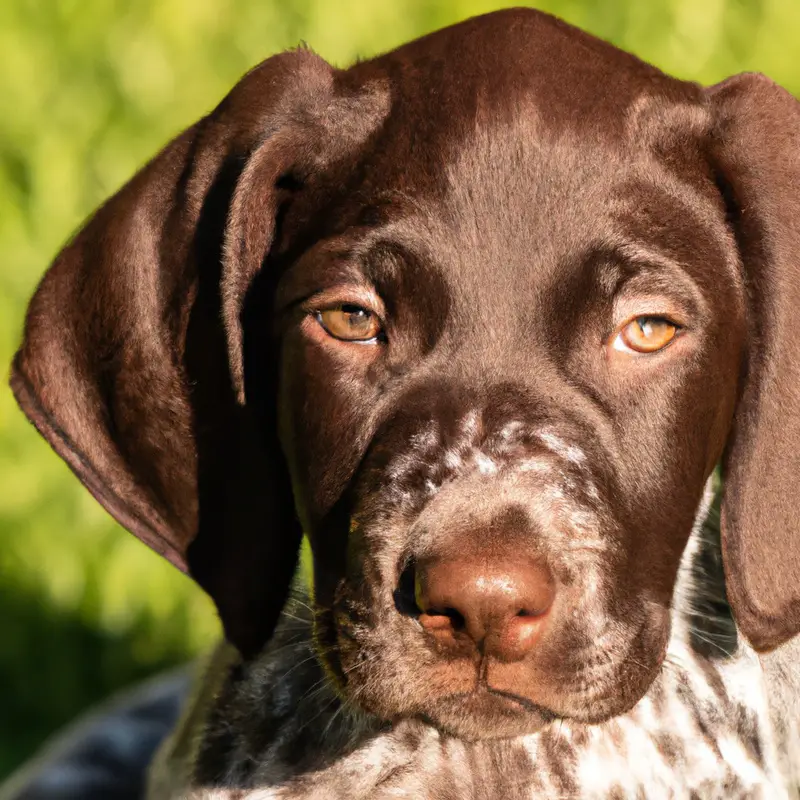
The Importance of Socialization for German Shorthaired Pointers
The importance of socialization for German Shorthaired Pointers cannot be emphasized enough. It plays a crucial role in their development and overall behavior.
First and foremost, socialization helps German Shorthaired Pointers become comfortable and confident around other dogs and people.
By exposing them to various social situations from a young age, they learn important social skills and how to interact appropriately. A well-socialized German Shorthaired Pointer is less likely to display fear or aggression towards unfamiliar dogs or humans.
They are more likely to be friendly, well-behaved, and adaptable in different environments.
Proper socialization also helps prevent behavioral issues such as excessive barking, separation anxiety, and destructive behaviors. It allows them to handle new experiences, noises, and environments without fear or stress.
Incorporating regular socialization activities into their routine, such as visits to dog parks, puppy classes, and playdates, is highly recommended.
This will ensure that your German Shorthaired Pointer grows up to be a well-rounded and confident companion.
Tips for Introducing German Shorthaired Pointers to Other Dogs
When introducing your German Shorthaired Pointer to other dogs, there are a few tips to keep in mind.
- Start Slow: Begin by introducing your GSP to well-socialized dogs in a controlled environment. This can be a quiet park or a neutral space where both dogs can feel comfortable.
- Supervise Interactions: Make sure to closely watch how your GSP interacts with other dogs. Look for signs of aggression or discomfort, and step in if necessary.
- Use Positive Reinforcement: Reward your GSP for appropriate behavior during introductions. Treats and praise can help reinforce positive interactions and build confidence.
- Gradually Increase Exposure: As your GSP becomes more comfortable with other dogs, slowly increase the complexity of the interactions. This can include introducing them to different sizes and breeds of dogs.
- Seek Professional Help: If you’re unsure or struggling with the introductions, don’t hesitate to seek guidance from a professional dog trainer or behaviorist. They can provide personalized advice and support.
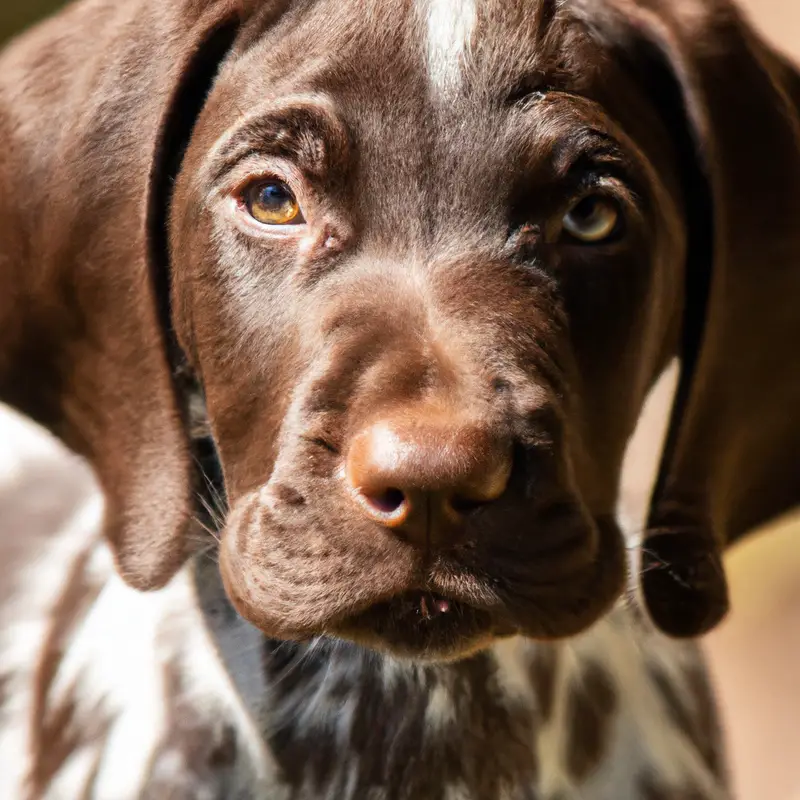
Potential Challenges and How to Address Them
Potential Challenges and How to Address Them One potential challenge when bringing a German Shorthaired Pointer to a dog park is their high energy level. These dogs are known for their enthusiasm and can be quite boisterous during playtime.
To address this, it’s important to ensure your dog’s exercise needs are being met before heading to the park.
A tired dog is more likely to interact calmly with others. Another challenge may be their strong prey drive.
German Shorthaired Pointers have a natural instinct to hunt and may chase smaller animals in the park.
To address this, it’s important to keep a close eye on your dog and intervene if they display any signs of fixation or aggression towards other animals. Socialization can also be a challenge.
German Shorthaired Pointers are generally friendly, but some individuals may be wary of unfamiliar dogs.
To address this, start with controlled introductions and gradually expose your dog to different dogs and situations. This can help them become more comfortable and confident in social settings.
Lastly, it’s crucial to monitor your dog’s behavior at all times.
Like any breed, German Shorthaired Pointers can exhibit signs of aggression or dominance. If you notice any concerning behavior, it’s important to intervene and redirect your dog’s attention in a positive way.
Dog Park Etiquette for German Shorthaired Pointers
Dog Park Etiquette for German Shorthaired Pointers When it comes to German Shorthaired Pointers (GSPs) at the dog park, there are a few key etiquette guidelines to keep in mind. First and foremost, it’s essential to ensure that your GSP is well-trained and socialized before bringing them to the park.
This will help them interact positively with other dogs and avoid any potential conflicts.
Additionally, always supervise your GSP closely and be aware of their body language. If you notice any signs of discomfort or aggression, it’s best to remove them from the situation to prevent any issues.
Remember to clean up after your GSP and keep them on a leash when entering and exiting the park.
This shows respect for the park rules and other dog owners. Lastly, be mindful of your GSP’s energy levels.
If they become overly excited or exhibit intense playfulness, it’s important to give them a break to ensure a harmonious environment for all dogs.
By following these simple guidelines, you can help ensure a positive and enjoyable dog park experience for your German Shorthaired Pointer and all the other dogs at the park.
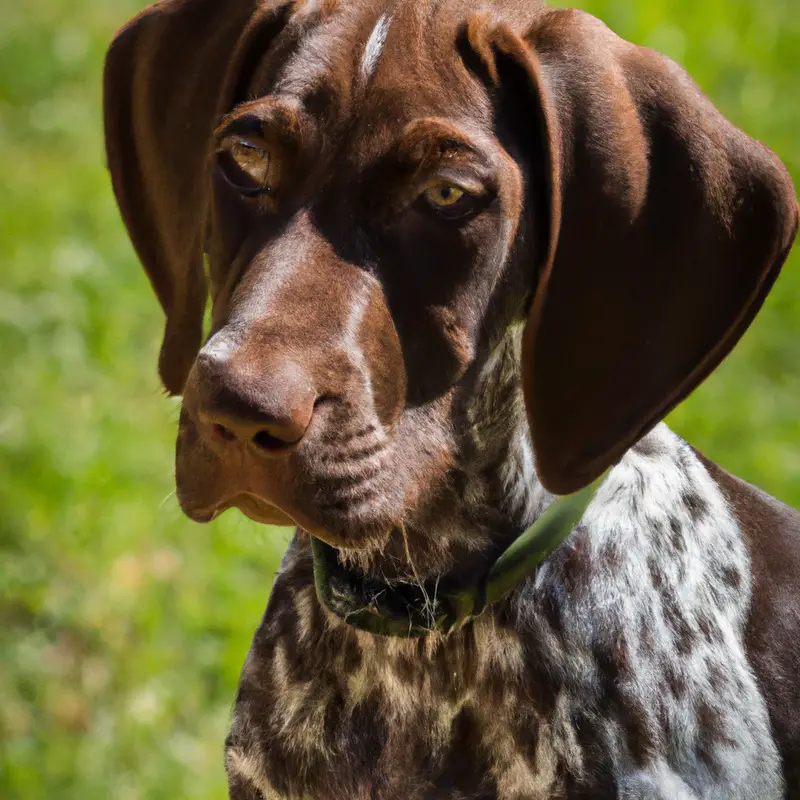
Nurturing Positive Relationships at the Dog Park
Nurturing positive relationships at the dog park is key to ensuring a safe and enjoyable experience for everyone. First and foremost, always closely supervise your dog and be aware of their body language.
This will help you intervene if any signs of aggression or discomfort arise.
Additionally, encourage positive interactions by praising and rewarding your dog for good behavior. Remember to respect other dogs’ space and ask for permission before allowing your dog to approach them.
Lastly, be a responsible dog owner by promptly cleaning up after your pet.
By following these guidelines, you can help foster a friendly and harmonious environment at the dog park.
Supervision and Safety Precautions for German Shorthaired Pointers
Supervision and safety precautions are crucial for German Shorthaired Pointers at the dog park. First and foremost, always keep a close eye on your GSP to ensure their interactions with other dogs go smoothly.
Be attentive to any signs of aggression or discomfort.
It’s also important to have your dog trained in basic obedience commands for better control. Additionally, make sure your GSP is up-to-date on vaccinations and parasite prevention.
Lastly, avoid overcrowded dog parks and introduce your GSP to new dogs gradually, one at a time, for a safe and positive experience.
Common Mistakes to Avoid at the Dog Park with German Shorthaired Pointers.
When taking your German Shorthaired Pointer to the dog park, it’s important to be aware of some common mistakes to avoid. First and foremost, avoid bringing your dog to the park if they are not properly socialized or trained.
It’s crucial to ensure your dog’s behavior is predictable and they can handle interactions with other dogs.
Another common mistake to avoid is not paying attention to your dog’s body language. Dogs communicate nonverbally, so it’s important to watch for signs of discomfort or aggression.
If your dog seems stressed or overwhelmed, it’s best to remove them from the situation.
Additionally, avoid allowing your German Shorthaired Pointer to become overly rowdy or dominant. Playing too rough or becoming too pushy can lead to conflicts with other dogs.
Keep an eye on their play style and step in if necessary to prevent any issues.
Lastly, don’t forget to clean up after your dog. Remember to bring bags and promptly pick up any messes they make.
It’s important to keep the park clean and pleasant for everyone.
By being mindful of these common mistakes, you can ensure a positive and enjoyable experience for both your German Shorthaired Pointer and the other dogs at the park.
Final Verdict
German Shorthaired Pointers can be great companions at the dog park, but it’s important to understand their breed temperament and provide proper socialization. By following some key tips, such as introducing them to new dogs gradually and consistently reinforcing positive behavior, you can nurture positive relationships at the park.
However, it’s crucial to prioritize supervision and safety precautions to avoid any potential challenges.
Remember, with the right approach and respect for dog park etiquette, German Shorthaired Pointers can enjoy a fulfilling and sociable experience. Trust in these guidelines and provide your furry friend with the best possible interactions at the dog park.

